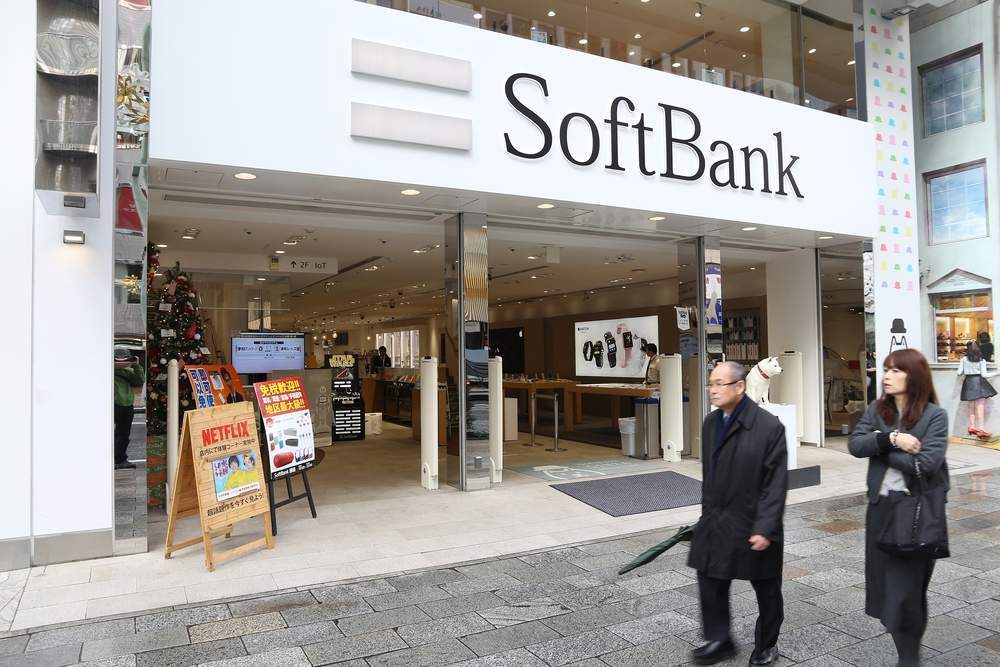
Japanese telecommunications giant SoftBank announced plans on Friday to raise new dollar and euro bonds.
In July, the company issued $4.5bn in subordinated notes in a move that signalled its return to the overseas debt market.
SoftBank now hopes to raise seven- and 10-year dollar bonds alongside eight- and 12-year euro bonds.
The new bond deal will fall under Regulation S, meaning that it cannot be sold to investors in the US.
The senior notes will be of “benchmark size” — $500m and upwards for each piece, suggesting the deal should be at least $2bn, according to the Financial Times.
SoftBank, which carries junk ratings of Ba1 and BB+ from Moody’s and S&P respectively, will use proceeds from the new bonds to refinance bank loans for its core telecoms and tech business.
How well do you really know your competitors?
Access the most comprehensive Company Profiles on the market, powered by GlobalData. Save hours of research. Gain competitive edge.

Thank you!
Your download email will arrive shortly
Not ready to buy yet? Download a free sample
We are confident about the unique quality of our Company Profiles. However, we want you to make the most beneficial decision for your business, so we offer a free sample that you can download by submitting the below form
By GlobalDataThe domestic Japan Credit Rating Agency rates the company, which has more than $125bn of “interest-bearing debt” at a higher investment grade of A- level.
Alongside its interest in tapping the euro bond market, SoftBank’s $93bn Saudi-backed technology Vision Fund has been investing heavily this year.
Last month, the company plowed $4.4bn into the shared-office provider WeWork.
SoftBank also announced the launch of a consortium with wireless operator Sprint on Friday to encourage telecom carriers to adopt blockchain technologies.
In 2012, SoftBank acquired a 70 percent stake in Sprint.
The company will hold investor calls on Friday afternoon for potential US dollar and euro note sales.
Sales of US dollar bonds from Japan have reached $53bn since the beginning of 2017, the second-highest year-to-date total on record, according to Reuters data.
Daisaku Fujikawa, head of capital markets origination at Citigroup in Tokyo said:
As Japanese companies expand businesses overseas, they would like to secure funding sources in non-yen because they cannot raise these sizes from domestic bond markets.
Tatsuya Yasuda, head of international debt capital markets at Nomura Securities agrees that Japanese companies are likely to “pay more attention to the US dollar bond market as their potential funding market.”







